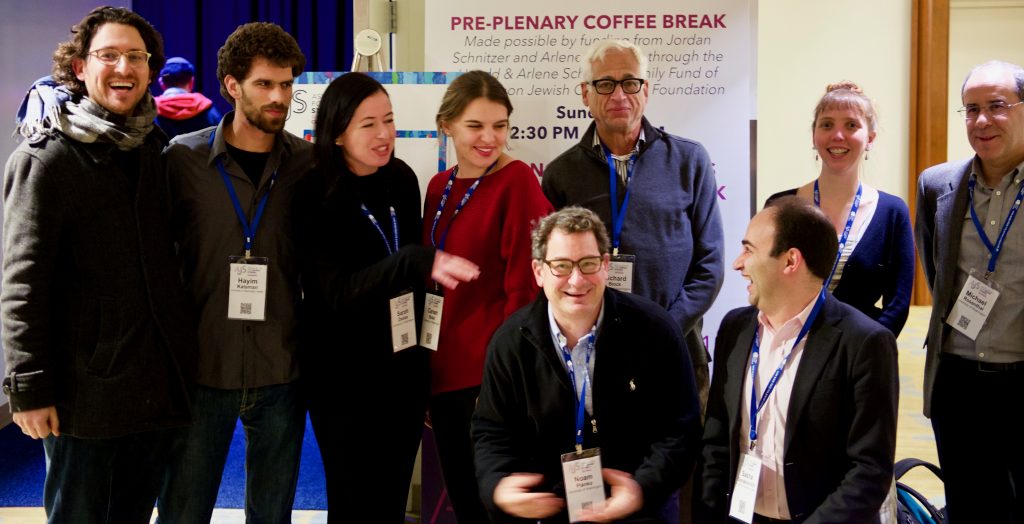
From top left: Devin Naar, Hayim Katsman, Sarah Zaides Rosen, Canan Bolel, Richard Block, Christina Leah Sztanjnkrcyer, Michael Rosenthal, Noam Pianko and Sasha Senderovich
By Noam Pianko
The Association for Jewish Studies (AJS), the professional organization for Jewish studies in the United States, celebrated its 50th anniversary at this year’s annual conference in Boston. The founders of the organization, which has historically been based in the Northeast, would have likely been surprised to see the especially strong showing of University of Washington faculty and graduate students playing important roles in this jubilee celebration.
Stroum Center faculty and graduate students presented ten papers at this year’s conference, on topics ranging from Naomi Sokoloff’s exploration of “Animals and the Holocaust in Hebrew Literature” to graduate student Canan Bolel’s discussion of “Ottoman Jews and the Emergence of Modern Psychiatry.”
I am particularly proud of graduate students Canan Bolel, Hayim Katsman, and Christina Leah Sztanjnkrcyer (all present or past recipients of our graduate student fellowship) for sharing their research at the conference. Their work demonstrates the impact that our graduate fellowship has in preparing the next generation of scholars in Jewish studies.
Our center contributed to the conference in other ways as well. Two of our faculty, Annegret Oehme and Hamza Zafer, wrote featured pieces for AJS Perspectives, the magazine of the Association for Jewish Studies, which was distributed at the conference. You can see their fascinating contributions to the forum on “Five Decades of New Vistas in Jewish Studies” in the magazine’s digital edition.
Devin Naar and Liora Halperin serve as chairs of the Sephardic and Mizrahi studies and Israel studies divisions within the organization. Their leadership positions illustrate the fact that faculty around the country view these Stroum Center program chairs as leaders in their respective fields. My own role as Vice President for Program on the Executive Board of the Association further underscores the Stroum Center’s commitment to supporting our professional organization at the national level.
Even our Stroum Lectures got an important call-out at this year’s conference. The most recently published Stroum Lecture book, David Stern’s “The Jewish Bible: A Material History,” won the prestigious Jordan Schnitzer Book Award in the category “Jews and the Arts.”
As AJS turns 50, the University of Washington plays an increasingly important role in shaping Jewish studies scholarship as the home of one of the leading centers in the country.


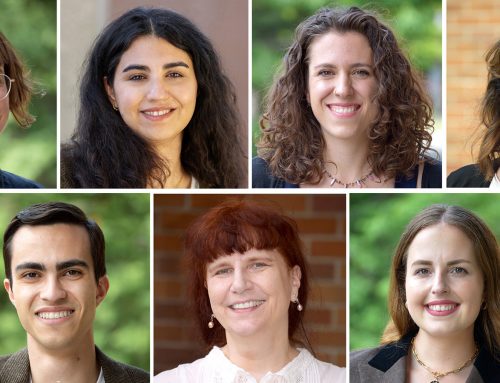
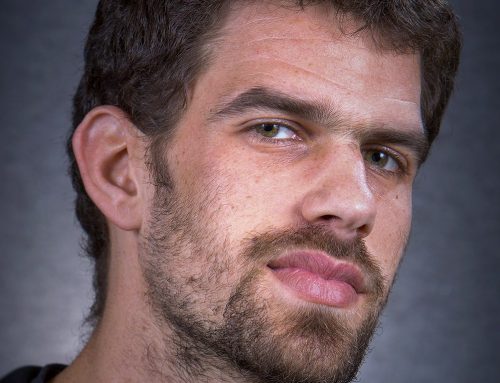
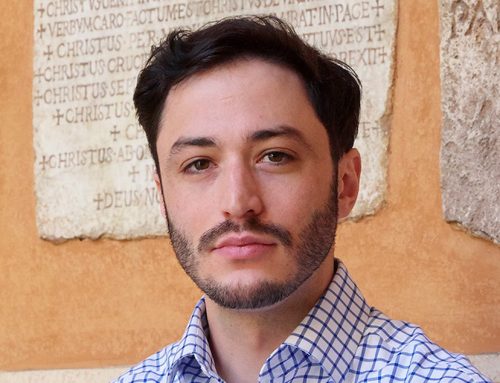
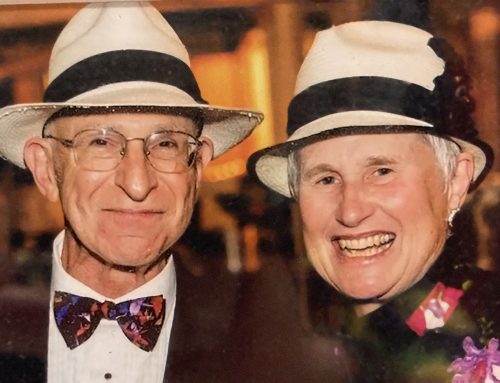
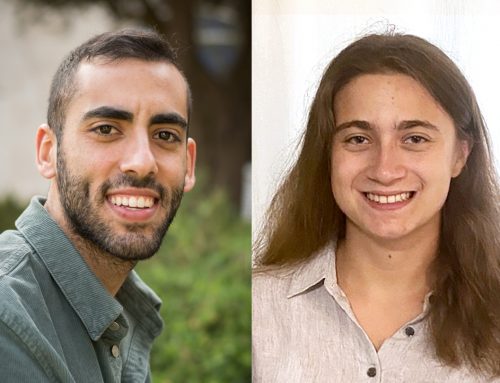
Leave A Comment